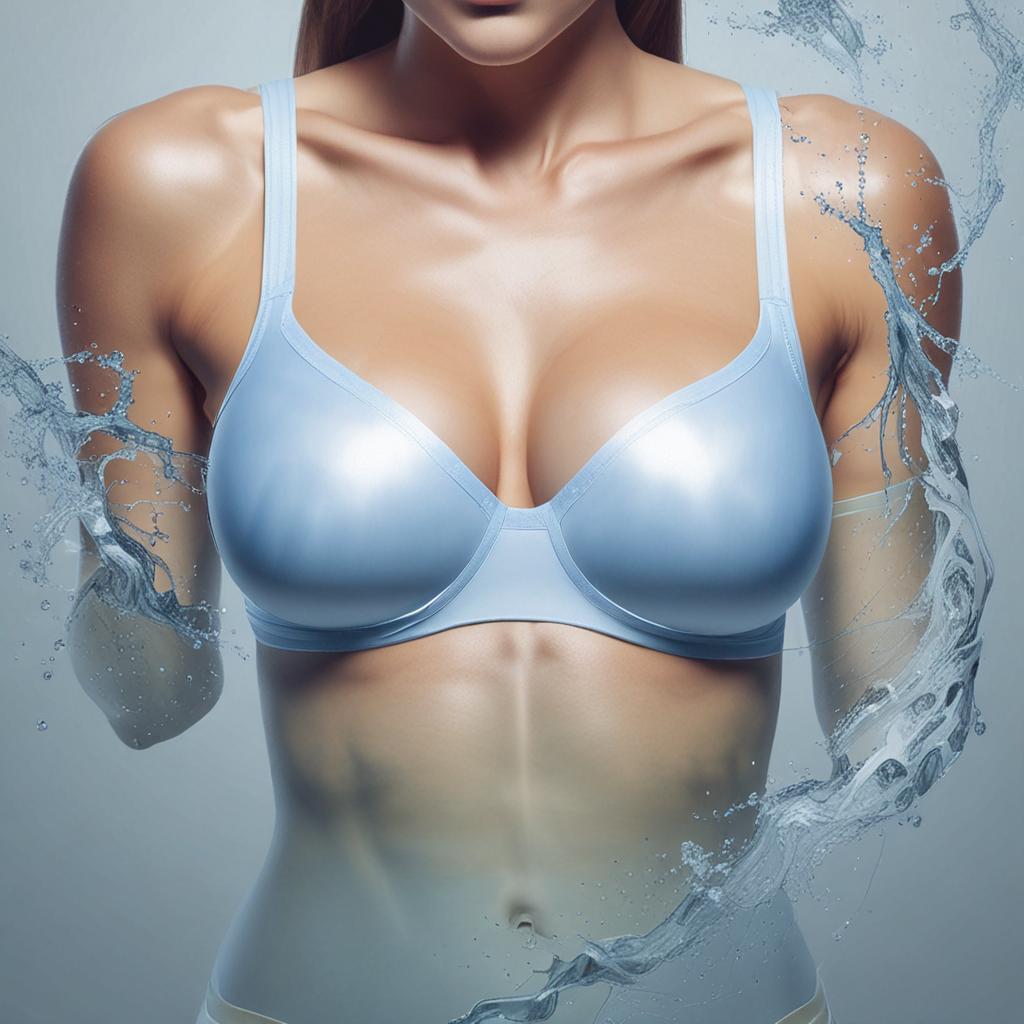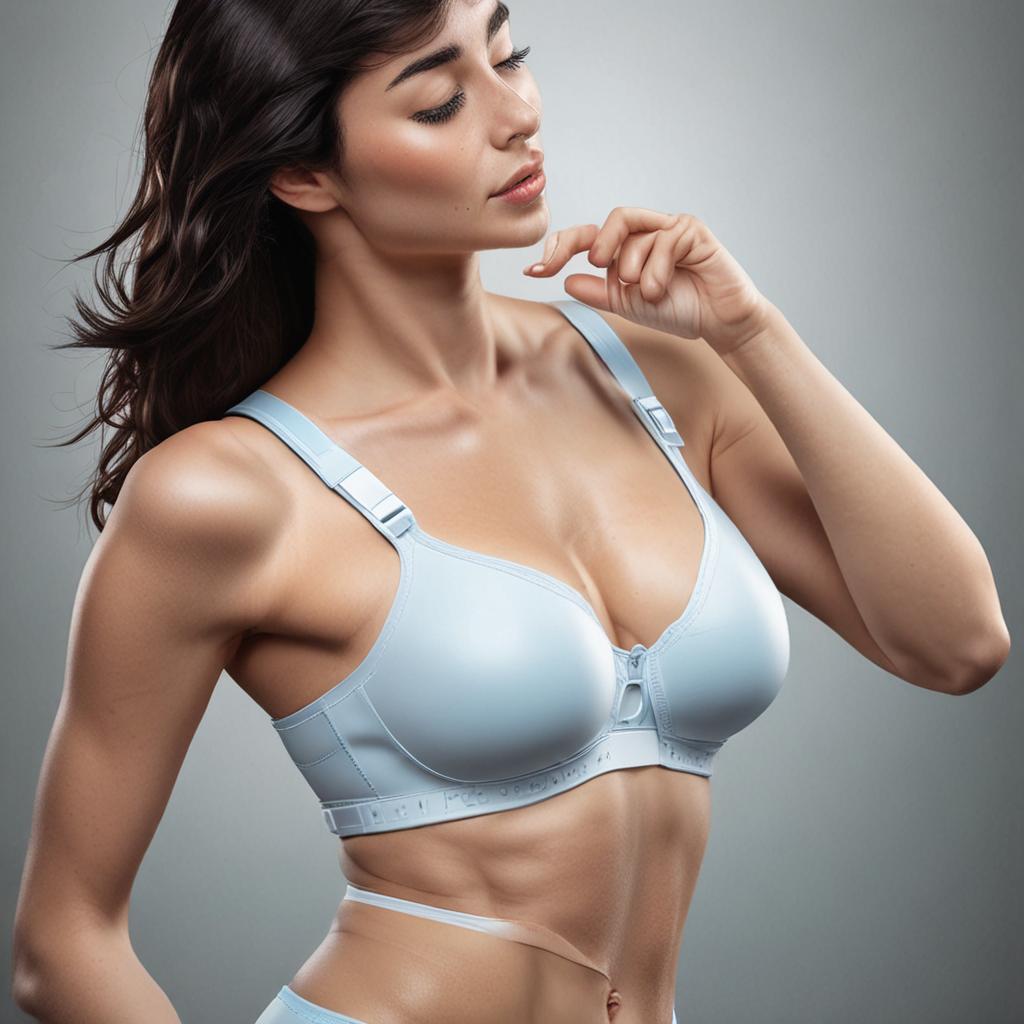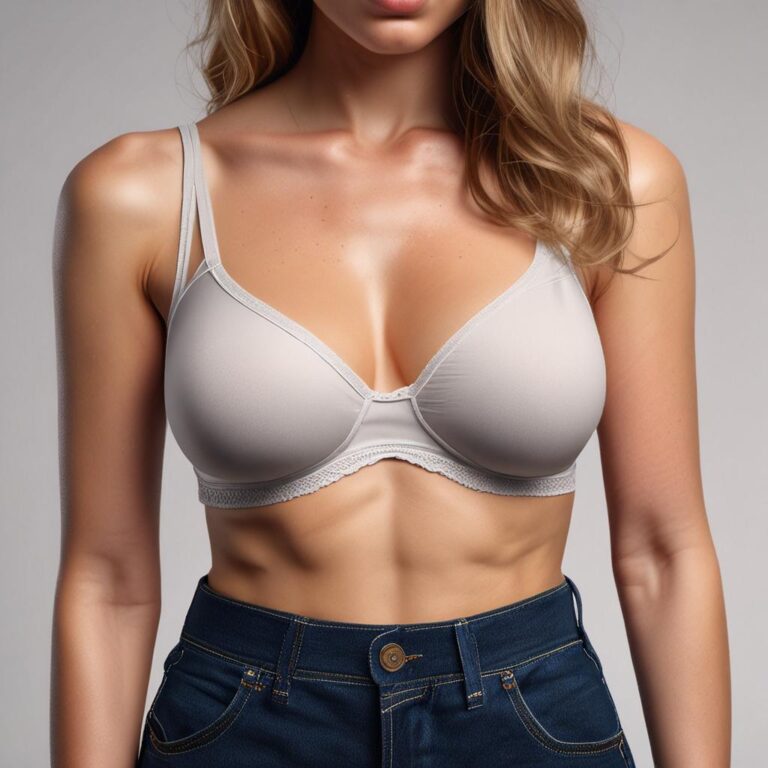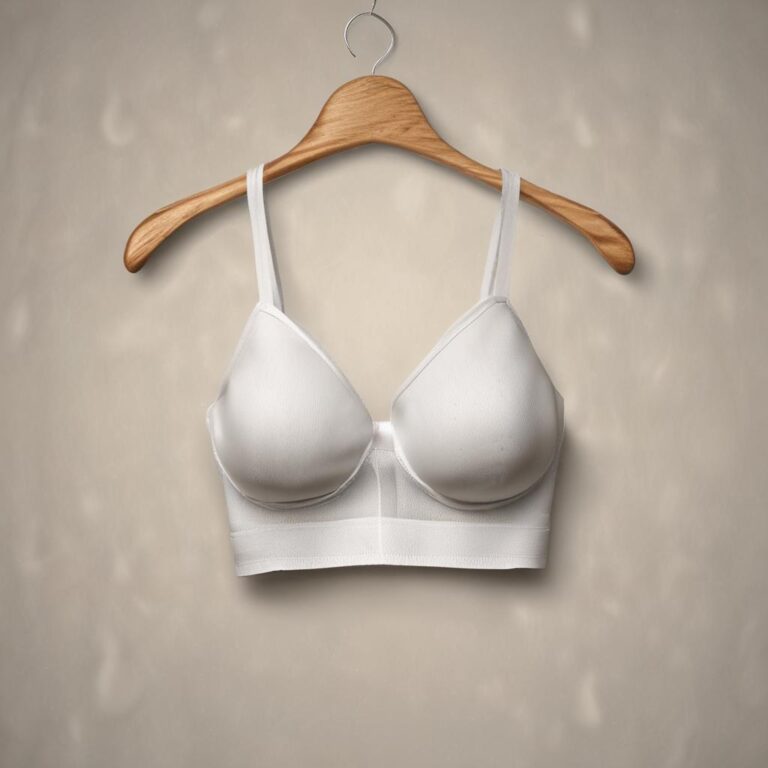What is a Water Bra? A Complete Guide to Understanding This Unique Supportive Underwear
Historical Timeline
1950s
First water bras patented
1970s
Popularized by Playtex
1990s
Sports bras include water bra features
2010s
Eco-friendly materials introduced
2020s
Smart water bras with sensors in development
Timeline infographic for What is Water Bra
In the realm of lingerie and breast support, there exists a unique and intriguing piece: the water bra. This innovative garment, filled with water, has been captivating attention since its inception in the 1970s. While it may seem unconventional, the water bra has carved a niche for itself in fashion, performance, and even medical contexts. Let’s delve into the world of water bras, exploring their history, function, benefits, and uses.
The Origins and History of the Water Bra

The water bra was born out of a desire for a realistic, natural-looking bust enhancement. In 1974, Howard Bates, an American inventor, created the first water bra, which he patented under the name “hydroform bra.” Bates’ creation was a response to the demand for a more natural alternative to bulky padding and restrictive underwires.
The water bra quickly gained popularity as a novelty item and a fashion statement. It was a staple in racy music videos and red carpet events, donned by celebrities seeking a dramatic, eye-catching look. Its popularity has persisted, with modern iterations offering enhanced safety features and varied design options.
How Does a Water Bra Work?
At its core, a water bra is a simple yet ingenious invention. Its internal structure consists of either sealed water-filled silicone bladders or pouches, which mimic the shape and movement of natural breasts.
H2: The Science Behind Water-Filled Cups
The physics behind a water bra is quite simple. The water inside the cups distributes its weight evenly, providing a natural, lifelike bounce. Unlike traditional bras that rely on foam or padding for support, water bras offer a more dynamic and realistic movement.
H2: Materials and Construction
Water bras are constructed using durable, often stretchy outer fabrics that accommodate various body types. The internal bladders or pouches are made from waterproof, puncture-resistant materials to prevent leaks. Reinforced seams ensure the bra’s longevity and safety. The cups come in various sizes and shapes, with some brands offering custom options for larger or asymmetrical busts.
Benefits of Wearing a Water Bra
Wearing a water bra can offer several benefits, from enhanced support to a unique sensory experience.
H2: Enhanced Support and Weight Distribution
For those with larger busts, the water’s mass can provide significant support, reducing strain on the shoulders and back. The water’s weight is distributed evenly across the chest, creating a comfortable, balanced feel.
H2: Natural Movement and Realistic Look
The water-filled cups create a natural, lifelike movement that’s ideal for fashion-forward statements and photo shoots. Whether you’re aiming for a dramatic silhouette or a realistic enhancement, a water bra can deliver.
H2: Temperature Regulation and Sensory Experience
Water bras offer a unique sensory experience. The water inside adapts to your body temperature, providing a cooling or warming sensation. This can be refreshing in warmer climates or environments.
Common Use Cases and Who Should Consider a Water Bra
Water bras are versatile and can be used in various contexts.
H2: Fashion and Performance Wear

Water bras are popular in burlesque, drag, and stage performances, offering a dramatic, eye-catching look. They’re also favored by celebrities for red carpet events, providing a striking silhouette under unforgiving fabrics.
H2: Post-Surgical and Medical Considerations
While water bras are not typically used in reconstructive or post-mastectomy support, they can be beneficial in certain circumstances. However, it’s crucial to consult with a healthcare provider before use in sensitive cases.
H2: Everyday Wear – Pros and Cons
For some, the comfort, aesthetics, and durability of water bras make them suitable for daily wear. However, they may not be ideal for everyone due to their weight, temperature sensitivity, and maintenance requirements.
How to Choose the Right Water Bra
Selecting the right water bra involves considering your size, style preferences, and care requirements.
H2: Sizing and Fit Tips
Accurate measurements are crucial when selecting a water bra. Cup size and band size should be chosen based on your specific needs and body type.
H2: Style and Design Options
Water bras come in various styles, including full-coverage, demi-cup, and strapless designs. They also come in a range of colors and fabrics, from metallics and lace to transparent materials.
H2: Quality and Brand Recommendations
Investing in a high-quality water bra ensures durability and safety. Reputable brands often offer warranties and leak protection, providing peace of mind.
Caring for Your Water Bra – Maintenance Tips
Proper care is essential to ensure the longevity and safety of your water bra.
H2: Cleaning and Storage Guidelines
Water bras should be hand-washed using mild soap and air-dried. They should be stored flat or upright to prevent deformation.
H2: Leak Prevention and Inspection
Regular checks for wear and tear can prevent leaks. If a leak occurs, repair kits or replacement options may be available.
Misconceptions and Myths About Water Bras
Despite their popularity, water bras are surrounded by misconceptions and myths.
H2: Debunking Myths
Water bras are not just gimmicks or uncomfortable to wear. Modern designs are secure and tested, with safety being a top priority. They’re also not reserved solely for performers; anyone seeking a unique, supportive, or fashion-forward bra can benefit from a water bra.
Water Bra vs. Traditional Bras – A Comparative Overview
When deciding between a water bra and traditional bras, consider the following factors.
H2: Side-by-Side Comparison
- Support: Water bras excel in distributing weight evenly, while traditional bras may rely on underwires or padding.
- Comfort: Water bras can be comfortable for some, but their weight may not suit all for long-term daily wear. Traditional bras offer a wider range of comfort options.
- Appearance: Water bras provide a natural, realistic look, while traditional bras may offer more uniformity or enhancement.
- Maintenance: Water bras require careful handling and regular checks for leaks. Traditional bras, while still requiring care, are generally easier to maintain.
Conclusion – Is a Water Bra Right for You?
In summary, the water bra is a unique, innovative piece of lingerie with a rich history and diverse applications. Whether you’re seeking a fashion-forward statement, enhanced support, or a novel sensory experience, a water bra could be the perfect addition to your wardrobe.
Don’t be discouraged by misconceptions or myths; give a water bra a try at a special occasion or as a statement piece. After all, innovation in lingerie and body positivity is what makes fashion so exciting.
Frequently Asked Questions (FAQ)
H2: Can a water bra leak? How are leaks prevented?
Yes, while rare in quality models, leaks can occur. Leak prevention includes double-sealed chambers and puncture-resistant materials. Regular inspection is recommended.
H2: Are water bras comfortable for daily wear?
Comfort varies by individual. While supportive, the added weight may not suit all for long-term daily use. They’re best suited for occasional or performance wear.

H2: Do water bras come in different cup sizes and shapes?
Yes, they do. Available in various sizes and styles, including custom options for larger or asymmetrical busts.
H2: How do you clean a water bra?
Hand wash gently with mild soap and air dry. Never machine wash or submerge the entire bra.
H2: Can men wear water bras?
Yes, water bras can be worn by men, especially in drag and gender expression communities to achieve a realistic feminine silhouette.




